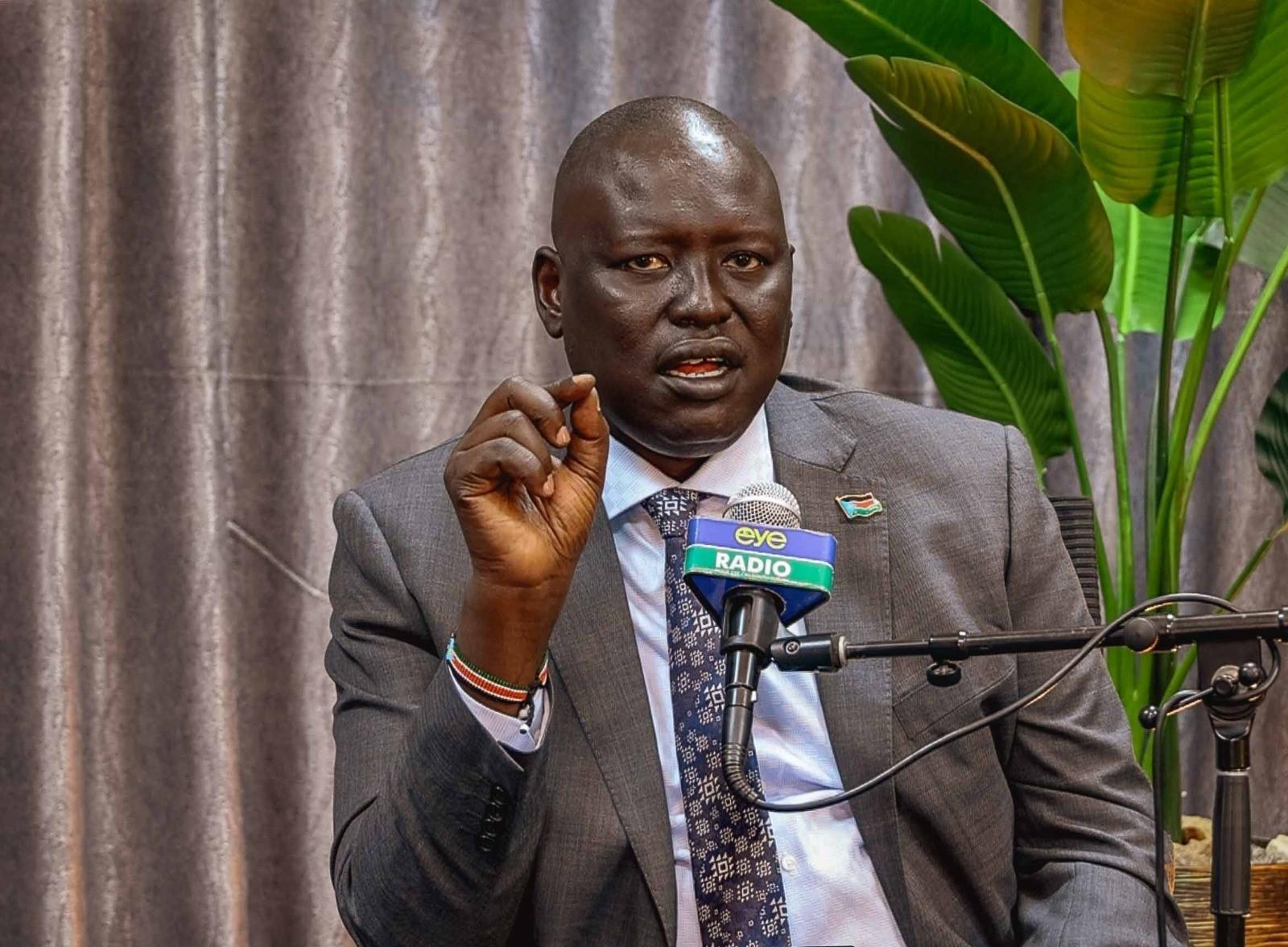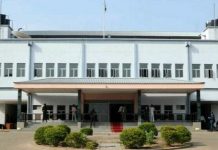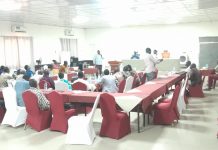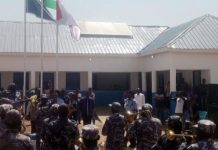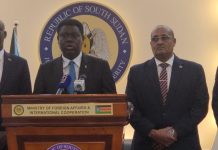Africa-Press – South-Sudan. The South Sudan Revenue Authority (SSRA) has asserted that only the national government is mandated to collect public revenue, a stance that has prompted the Central Equatoria State Government to call for constitutional clarity and reaffirm its tax collection rights under state law.
In an interview with Eye Radio on Tuesday, May 20, Marial Awok, the Assistant Commissioner for Public Relations and Communication, said the authority’s commissioner general, Simon Akuei, issued a formal response to a letter from the State Revenue Authority dated May 2.
The response clarified that the South Sudan Revenue Authority (SSRA) is the only body legally mandated to collect public revenue.
It’s not clear what the letter contained, but the clarification follows a growing public debate on social media after the May 2 letter surfaced, sparking concerns over conflicting mandates between national and state institutions.
The State Minister of Information for Central Equatoria, Jacob Aligo, told Eye Radio on Tuesday, May 20, that the ongoing tension over taxation powers arises from overlapping mandates between the national and state governments.
He called for clear constitutional guidance to define the respective roles and authorities of both levels of government. “There are issues of competencies between the state and the national [government] that need to be sorted out constitutionally,” he added.
The Minister cited Article 179 of the Transitional Constitution, which grants states the authority to collect specific revenues, including vehicle registration and licensing.
He said this issue is not unique to Central Equatoria, but is a broader challenge affecting state-national relations across South Sudan. “There’s a lot of infringement on the rights of the states’ revenue regimes,” Aligo noted.
He stressed that such matters should be addressed through institutional engagement and constitutional mechanisms, rather than through public disputes in the media.
However, the SSRA’s Public Relations and Communication stated: “The State Revenue Authority has not been mandated by the national government to collect on its behalf. Since the South Sudan Revenue Authority is the authorized body, the Commissioner General of the SSRA, Honourable Simon Akuei Deng, responded to the letter written by the State Revenue Authority of Central Equatoria State,” he said in an exclusive interview with Eye Radio.
Awok said the South Sudan Revenue Authority has deployed offices across the country, including in the Central Equatoria State, and most states have been cooperating with the national office.
“The other states are complying and are cooperating with the South Sudan Revenue Authority, the national office, and we have offices all over, including the Central Equatoria state. So that was the letter from Honourable Simon Akuei,”
He warned that allowing both national and state bodies to collect taxes would result in “double collection,” which is illegal under South Sudanese law.
Awok also stressed that while states receive a share of the national revenue, that allocation is handled through the National Ministry of Finance and Planning, not through independent collections.
Meanwhile, Aligo, the State Minister of Information for Central Equatoria, acknowledged a public statement issued by the South Sudan Revenue Authority (SSRA), which affirms that only the national body is mandated to collect public revenue on behalf of the government.
He told Eye Radio that they only became aware of the SSRA’s letter after it circulated on social media, and not through official communication channels.
“I’ve never seen the content of the document that the National Revenue Authority is responding to,” Aligo said. “But I’ve seen that the Commissioner General of the National Revenue Authority has written reacting to a letter that emanates from the State Revenue Authority, but I’ve never seen that document myself.”
For More News And Analysis About South-Sudan Follow Africa-Press

